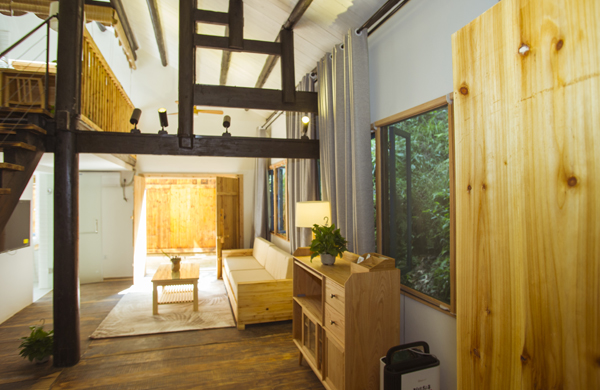Airbnb lands in rural China


Guilin tourism development commission official Yang Guodong says: "We'd see the road through the village packed with cars half of the year. But there was little we could do to get them to visit (Jinjiang), let alone stay overnight."
But Jinjiang's development potential inspired Airbnb and the local government to partner to increase its appeal as a destination via infrastructure construction, including roads, toilets and electricity.
The program is expected to help the village's more than 100 residents.
"Guilin has been actively exploring the integration of tourism with poverty alleviation," says Zheng Yi, vice-chairman of Guilin's Chinese People's Political Consultative Conference.
The city has reduced poverty through tourism and ethnic-culture development, Zheng says.
About 25,000 people worked in tourism in Guilin's Longsheng county last year. Roughly 45 percent of those below the national poverty line benefited from the sector's growth.
Airbnb's cooperation with the local government offers to showcase home-sharing's role in tourism development and poverty alleviation, and can promote the mechanism in other places, Zheng says.
Owners of renovated houses get a percentage from rentals. And all locals can earn money providing travel services. Remaining money is reinvested in upgrades.
"Boosting tourism development through the shared economy is an effective approach to rural revitalization," Airbnb China president Peng Tao says.

































